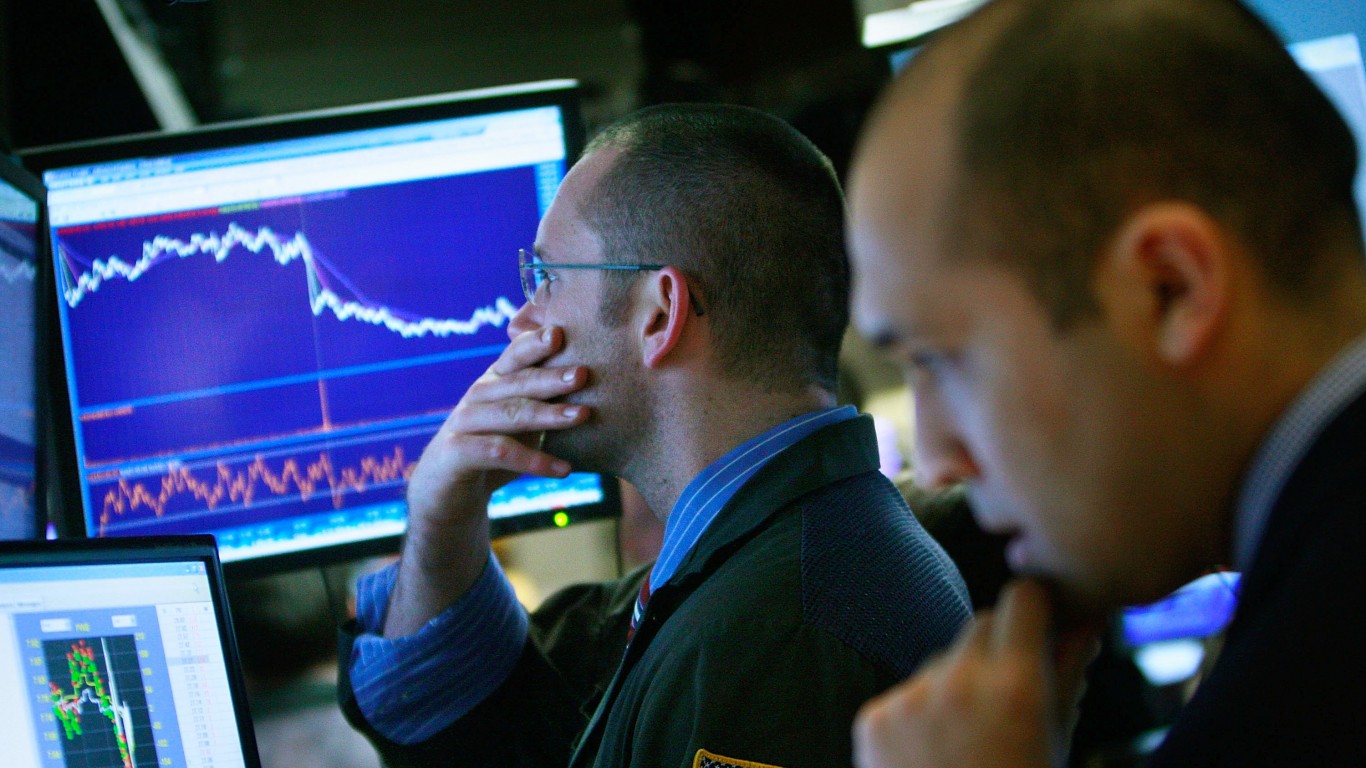
A recession, despite debate about whether it will appear at all, has begun and will deepen as 2023 starts. It will last the year and may affect the economy into 2024.
Some trends that signal economic downturns are already obvious. Among those is the presence of inflation, which has not been as high in four decades. The BLS Consumer Price Index shows an increase of 7.7% in October. While that is off the highest of a few months earlier, key products Americans buy are rising much faster. The most obvious is food prices. Travel expenses, particularly by air, have skyrocketed as the holiday starts. Wage increases have not offset these.
Gas prices had dropped considerably from June when they reached a record just above $5 and oil topped $100 a barrel. A struggle over what Europe will pay for Russian oil could cause prices to rise again. OPEC+ says it may cut production, which would also cause prices to move up. The gas price crisis may return. It would affect consumer spending even if not as troubling as $5.
And consumer spending is one of the most critical risks. High fuel prices and high food prices would squeeze what Americans have to spend. This puts the growth of GDP at risk.
Much less visible is the price of diesel. It has almost doubled in a year. About a third of goods transported around America rely on trucks. Higher fuel costs tend to be passed along to consumers. Heating oil, refined in a way very close to diesel, has already jumped, particularly in the Northeast.
The Fed’s efforts to slow inflation by raising interest rates have already begun to work. However, one problem this causes is the price of loans, like those for cars, and these low purchases. In turn, this hurts the companies that sell items like cars. Slow sales often mean worse earnings. Worse earnings can cause layoffs.
Layoffs are already on the front page. The tech industry has cut tens of thousands of people. Other industries are likely to follow.
Finally, one widely held theory is that to get inflation to drop back to 3% of 4% will require unemployment levels above 5%. That means another million or more people will lose jobs.
The causes for a recession look like a web and, taken together, are complex. However, these causes are present and growing.
It’s Your Money, Your Future—Own It (sponsor)
Retirement can be daunting, but it doesn’t need to be.
Imagine having an expert in your corner to help you with your financial goals. Someone to help you determine if you’re ahead, behind, or right on track. With SmartAsset, that’s not just a dream—it’s reality. This free tool connects you with pre-screened financial advisors who work in your best interests. It’s quick, it’s easy, so take the leap today and start planning smarter!
Don’t waste another minute; get started right here and help your retirement dreams become a retirement reality.
Thank you for reading! Have some feedback for us?
Contact the 24/7 Wall St. editorial team.


